
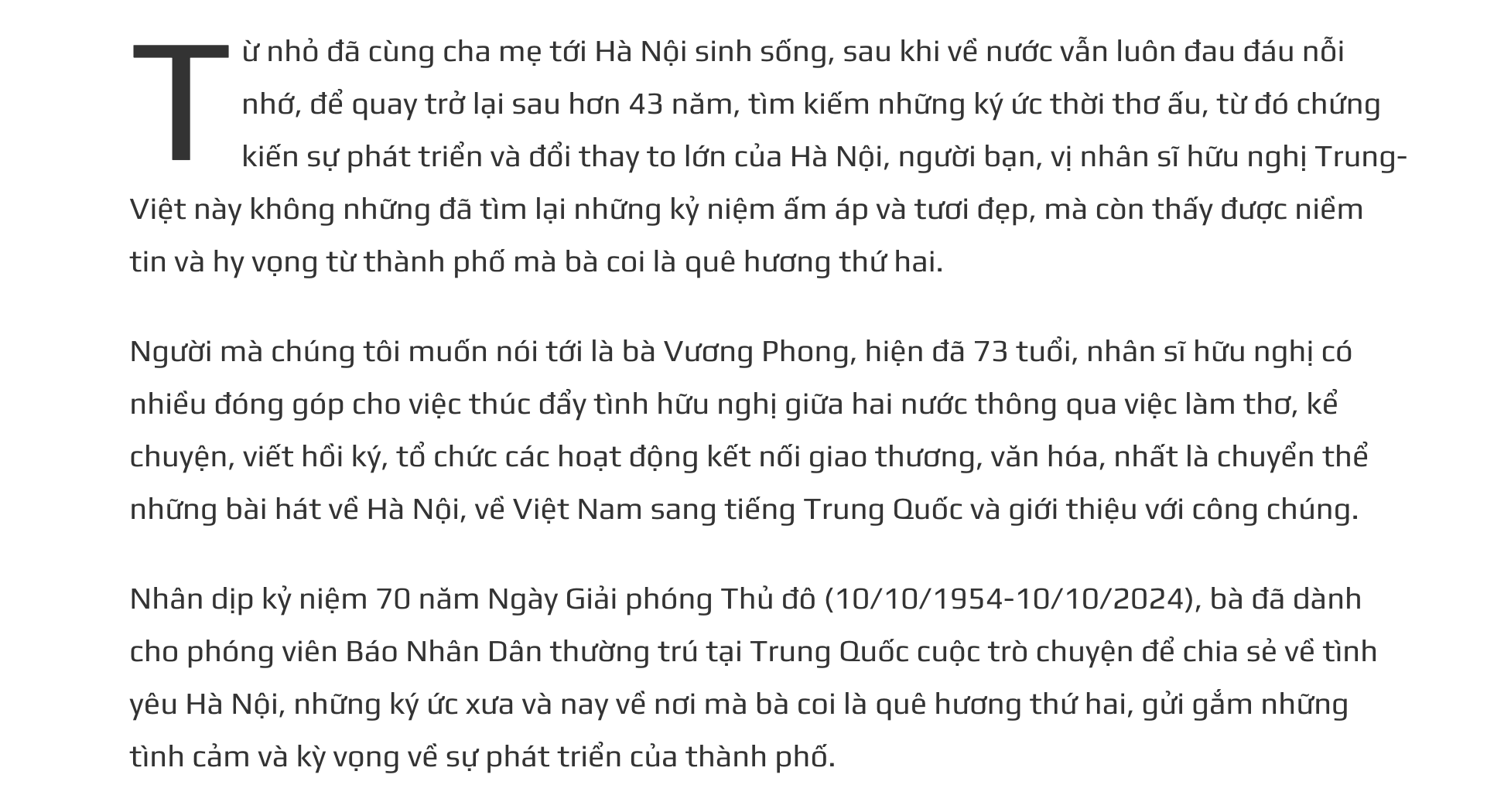
Conversation between Ms. Vuong Phong and a reporter from Nhan Dan Newspaper based in China.
 Her father, journalist Vuong Duy Chan, was the former head of the Xinhua News Agency and a resident reporter for the People's Daily in Hanoi . He later held the important position of acting director (general director) of Xinhua News Agency. As the second child and only daughter in the family, little Vuong Phong was only 5 years old at the time. Her parents brought her to Hanoi during her working term, while her older brother and younger brother were left to be cared for by their grandparents.
Her father, journalist Vuong Duy Chan, was the former head of the Xinhua News Agency and a resident reporter for the People's Daily in Hanoi . He later held the important position of acting director (general director) of Xinhua News Agency. As the second child and only daughter in the family, little Vuong Phong was only 5 years old at the time. Her parents brought her to Hanoi during her working term, while her older brother and younger brother were left to be cared for by their grandparents. 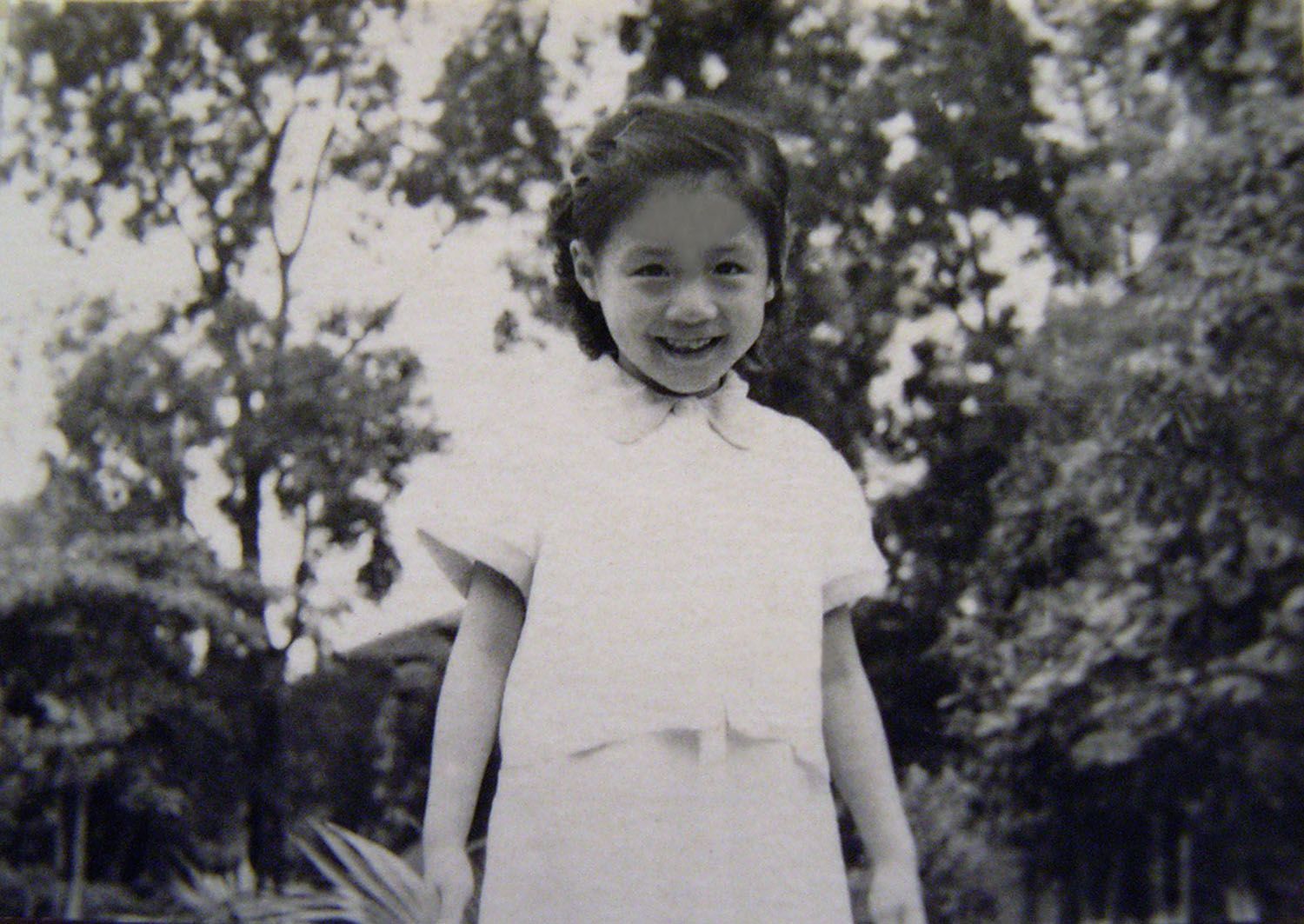
Little girl Vuong Phong takes a photo in the grounds of the Chinese Embassy in Hanoi.
Recalling her first impressions when she first arrived in Hanoi, Ms. Vuong Phong said: “I took the train to Hanoi, and as soon as I arrived, I heard the melody of very familiar songs. At that time, I was only 5 years old, and I didn’t think I would be going abroad. Walking on the street, I felt it didn’t feel like China, didn’t feel like Beijing. My mother told me that I had arrived in Hanoi, the capital of Vietnam. Everything became new and interesting to me.”
Journalist Vuong Duy Chan took up his assignment in Vietnam, right at the time when the capital Hanoi had just been liberated, so the work was very busy, and his wife also had to help, so little Vuong Phong at that time could only play in the branch's housing area or the area behind the Chinese Embassy in Hanoi. In Mrs. Vuong Phong's memory, Hanoi was under construction everywhere at that time, everywhere you could see construction sites, red flags with yellow stars fluttering, workers wearing straw hats, barefoot children playing, a very bustling and bustling scene. Just like that, the little Chinese girl quickly fell in love with this beautiful city.
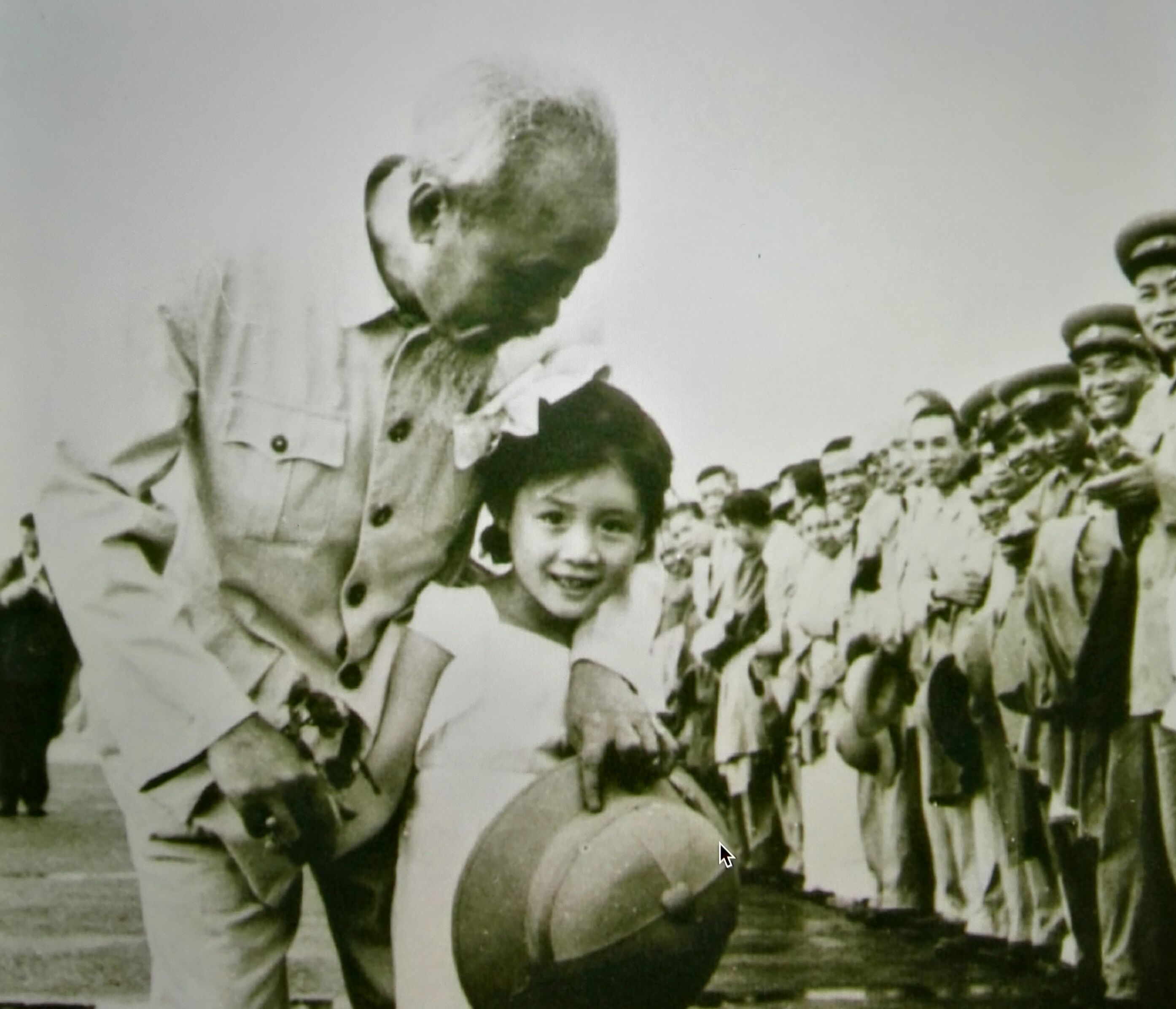
Little girl Vuong Phong, then 5 years old, had the honor of meeting Uncle Ho.
In the article “Childhood memories in Hanoi”, Ms. Vuong Phong wrote: “When I first arrived in Hanoi from Beijing, the most curious thing was the change around me, the tall coconut trees, the elegant areca trees, which made me look up without getting bored; the heavy papayas on the trees, which I could eat without getting full; the giant palm leaves, which made me flip over and over to explore ; the fallen frangipani flowers on the ground, which I picked up and smelled endlessly. Standing at the door of the house, looking at the bustling passersby, I was lost in my imagination, then when the adults weren’t paying attention, I quietly sneaked out, following the crowd to the end of the street, to feel the beauty of the morning flower market and the people chewing betel and chatting. What I liked most was the costumes of the Hanoians: women wore round-necked, tight-fitting shirts similar to the Chinese cheongsam, with wide-legged pants. When the wind blew, the two flaps of the knee-length dresses fluttered, exuding a wonderfully graceful beauty”.
During her time in Hanoi, little Vuong Phong was sent by her parents to a kindergarten on Hang Buom Street. In her memory, the school was a house with large pillars, like a pagoda. At school, little Vuong Phong played happily with her peers and even learned to ride a bicycle. Although she had to return to Vietnam to study primary school after less than two years in Hanoi, that time was enough to cultivate very Vietnamese interests and habits in Mrs. Vuong Phong, such as liking to eat coconut pulp, bananas, and fish sauce; especially the phrases “have you eaten rice yet”, “have you eaten rice already”, “hello comrade”… that she learned at that time, she still knows by heart even after decades without a Vietnamese communication environment.
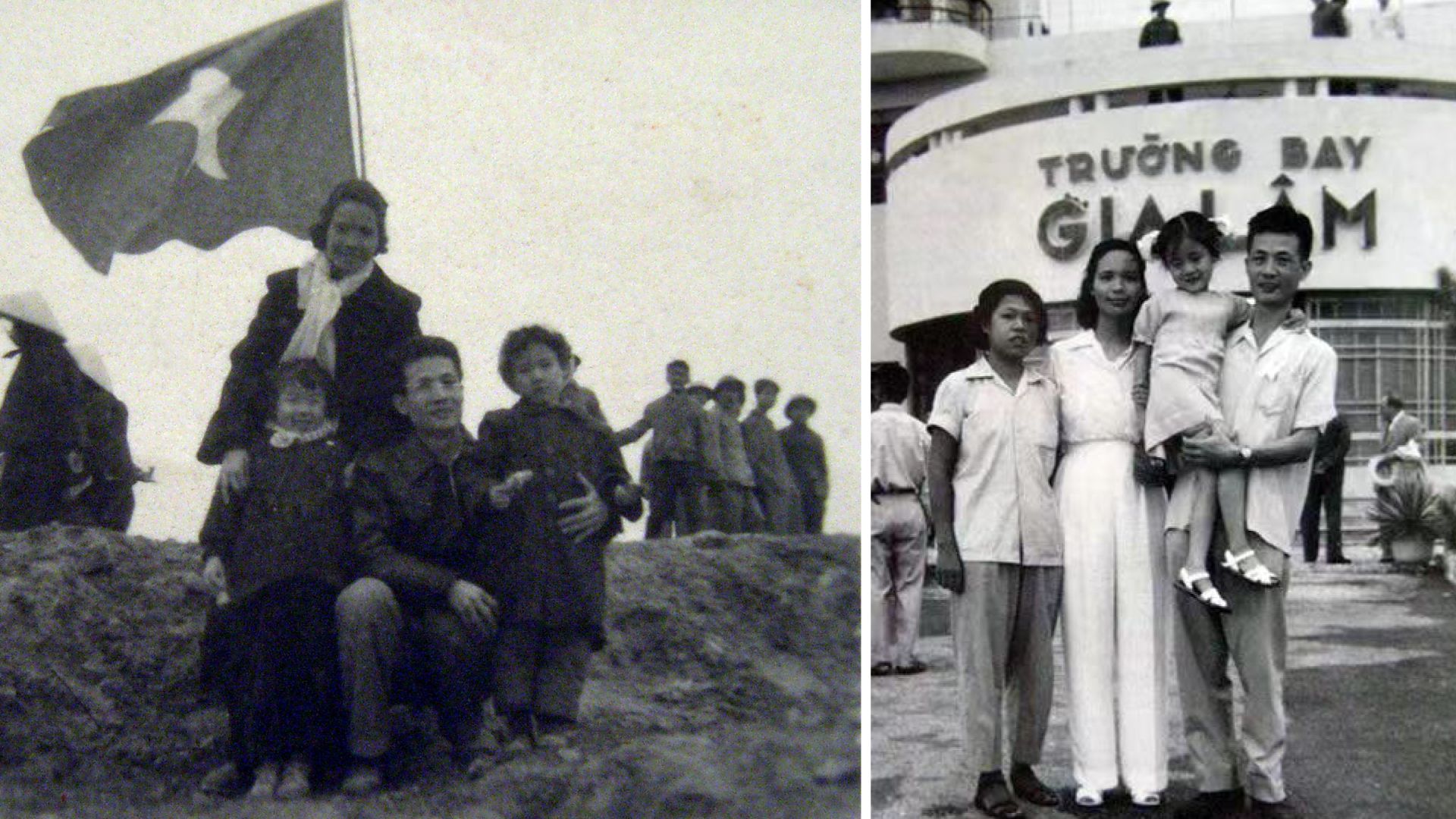
Left photo: Little girl Vuong Phong was taken by her parents to visit a construction site. Right photo: Little girl Vuong Phong and her parents took a photo together at Gia Lam airport, before leaving for home.

After living in Hanoi for less than two years, Ms. Vuong Phong was sent back to China by her parents to study. Throughout her studies, growing up, joining the army and working in various positions later on, Ms. Vuong Phong was still filled with love and a burning desire to return to her second homeland.
In her work “In the beautiful country of Vietnam”, Ms. Vuong Phong wrote: “Returning to Hanoi has been my longing for the country for many years. It originated from the time I lived in Vietnam, which was also the years when the two countries stood side by side, sharing joys and sorrows in the 1950s; it originated from my beautiful memories when I met Uncle Ho… Through mass media, I gradually learned that the South of Vietnam was liberated, the country was unified, renewed and integrated, the goal that Uncle Ho devoted his whole life to leading the Vietnamese people to strive for has come true! Coming to this beautiful country, my most earnest wish is to visit the mausoleum of President Ho Chi Minh , follow the spirit of the great man, express my nostalgia and respect for Uncle Ho”.
In 2000, after 43 years of separation, Ms. Vuong Phong finally had the opportunity to return to Hanoi, when participating in a tour program marking the transition between two millennia. In her memory, Hanoi at that time was at a time of dynamic development when Vietnam promoted innovation and integration. Unlike Hanoi 43 years ago, where construction sites were everywhere, Hanoi at that time had transformed into high-rise buildings, bustling streets, with smiles from the people and seas of flowers on the streets, this made a strong impression on her.
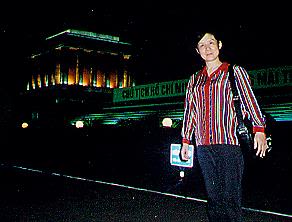
Ms. Vuong Phong took a photo next to Uncle Ho's Mausoleum.
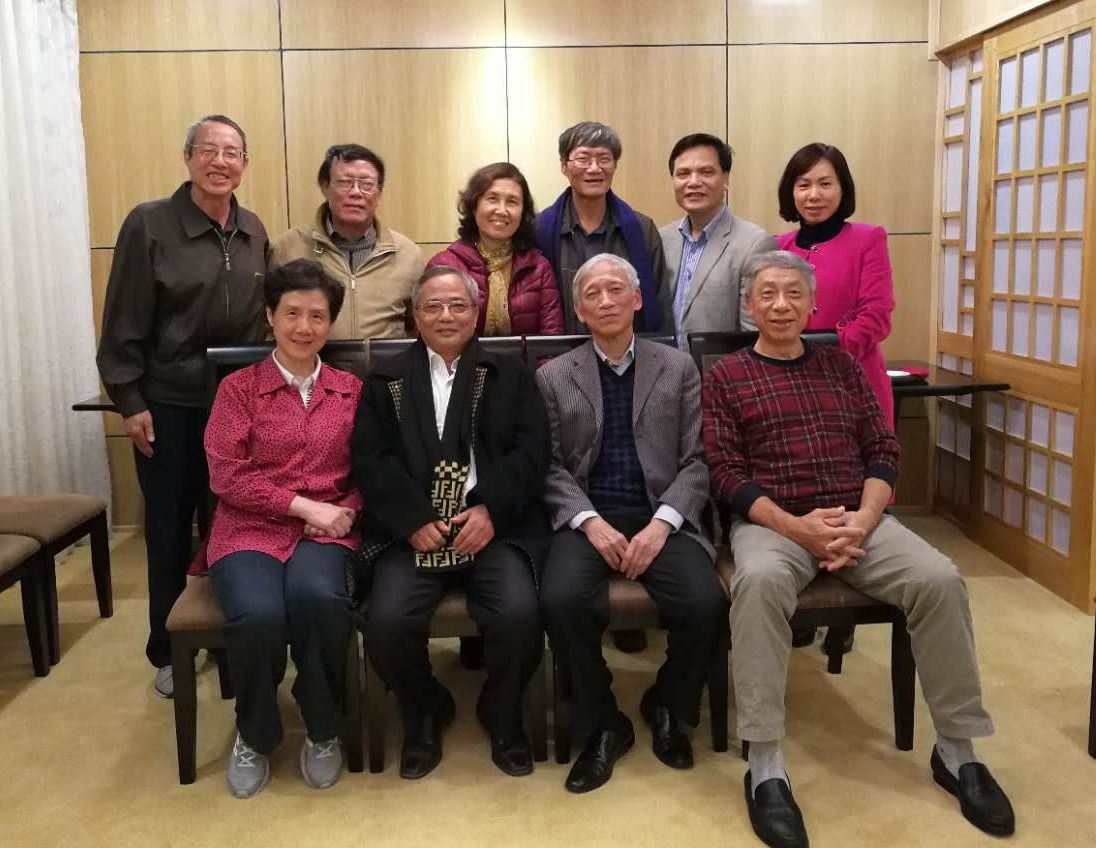
Ms. Vuong Phong met friends who used to work at the Chinese Embassy during her visit to Hanoi.
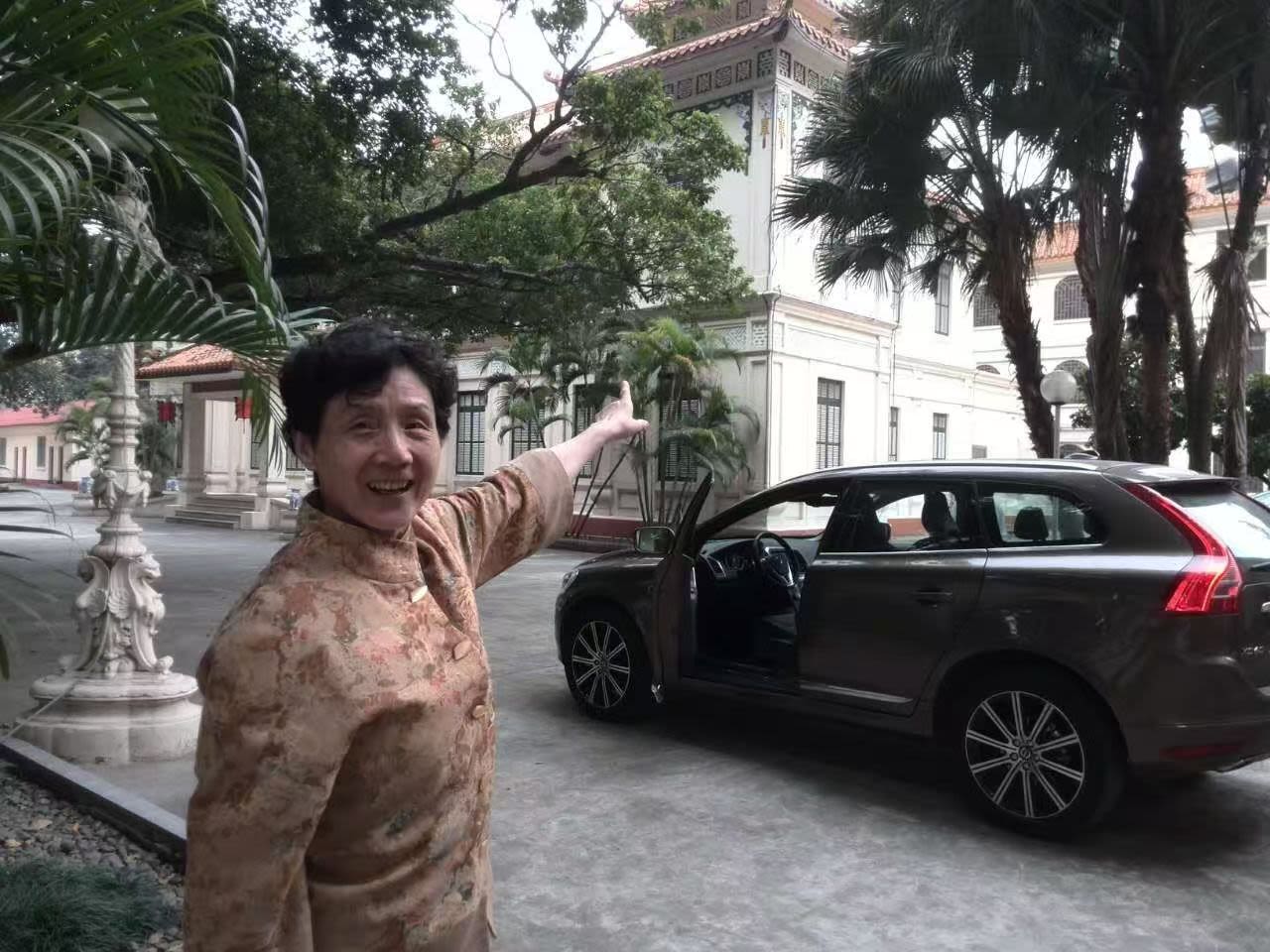
Ms. Wang Feng revisits the Chinese Embassy in Hanoi.
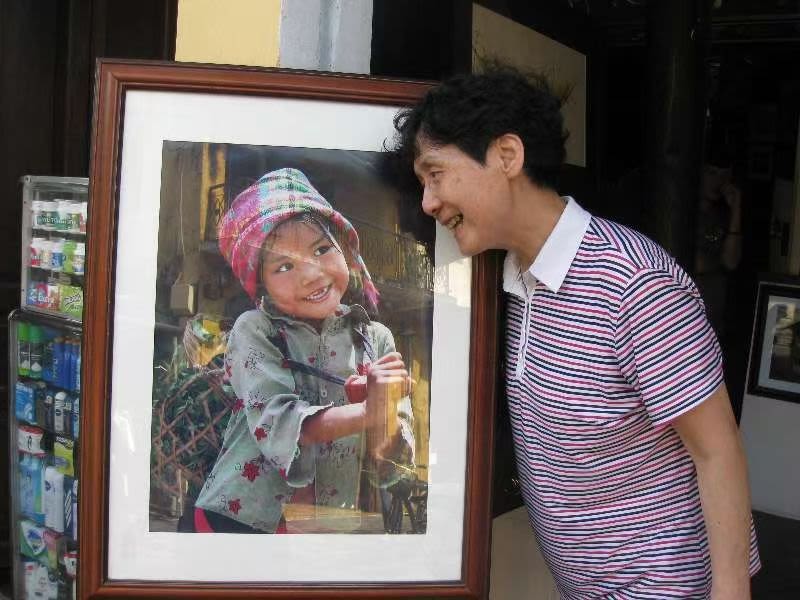
Ms. Vuong Phong takes a photo next to her favorite work at an exhibition in Hanoi.
To find old memories, Ms. Vuong Phong went to the Chinese Embassy in Hanoi, visited the Ho Chi Minh relic site at the Presidential Palace, Ba Dinh Square, and revisited the old kindergarten. She also went to historical sites and scenic spots, delving into the history and culture of the land and people of Hanoi.
In an article about her visit to Hanoi after 43 years, Ms. Vuong Phong said: “Here there are many relics and artifacts of thousands of years of history that are very well preserved…, there are historical, fine arts, and ethnic museums, preserving and introducing the unique history and culture of Vietnam; the city center has the picturesque Hoan Kiem Lake, an ideal place to meet and sightsee; around the lake there are 36 streets intertwined with each other, from the past to the present, each street has its own unique features. Strolling on the street, you can hear the clanging sounds from Hang Thiec Street, smell the aroma of medicinal herbs from Thuoc Bac Street, buy soft silk fabrics on Hang Dao Street. The long rows of ancient houses, the temples and pagodas with the scent of flowers and grass, have created a very unique appearance of Hanoi, a wonderful combination of ancient and modern”.
In Mrs. Vuong Phong's eyes, Hanoi has changed a lot over the past few decades, but one thing has not changed, which is the sound of songs about Hanoi and the ups and downs of the voices of Hanoians. It is like the call of the homeland, and every time she thinks about it, she is filled with emotions.
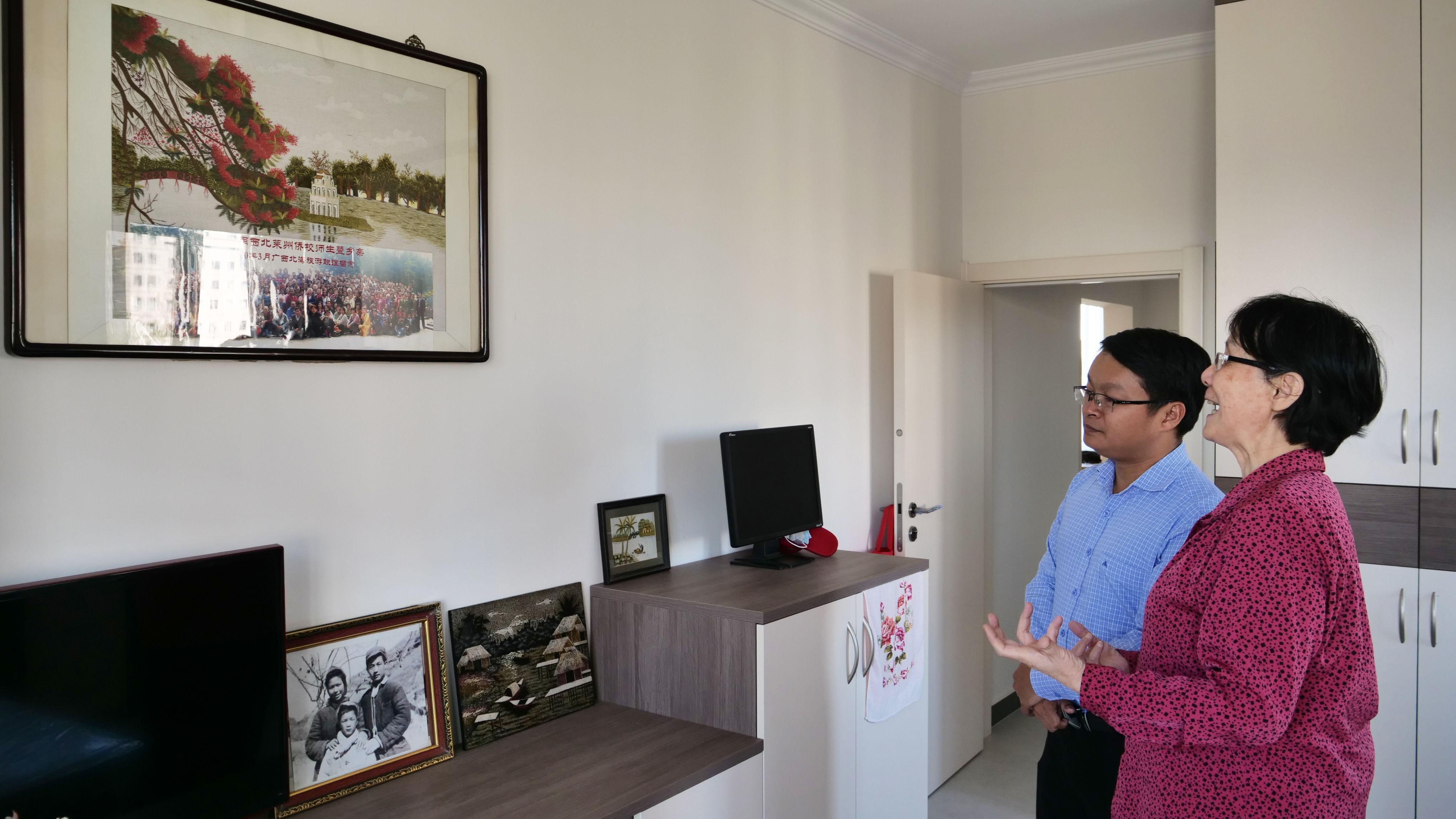
Ms. Vuong Phong introduces artwork about Hanoi displayed in her house.

Everyone has their own way of expressing their love. For Hanoi, her second homeland, in addition to her nostalgia, love, trips to revisit old places, writing many articles and essays to express her deep feelings, Ms. Vuong Phong also has a special love for Vietnamese music, especially songs about Hanoi.
Under the influence of her parents, Ms. Vuong Phong loved music since she was young and often sang. When she came to Vietnam, she realized that the Vietnamese language and pronunciation were very melodious, with 6 tones. Just listening to the pronunciation, she felt as if she was singing; especially when listening to Vietnamese songs, she felt her heart beating in sync with the ups and downs of the music.
“After 43 years, returning to this beautiful land, when the music plays, I feel like I am back to my childhood, all my emotions come flooding back. Therefore, I keep trying to find different songs in this beautiful land” – Ms. Vuong Phong said.
When she returned to China, friends at the Vietnamese Embassy and press agencies in China gave Vuong Phong many CDs when they learned about her love for Vietnamese music, including resistance music, modern music, folk songs... At that moment, she thought of how she could memorize and sing these songs so that the Chinese people would know about Vietnam.
Once, a Vietnamese friend who was a resident reporter in Beijing translated the lyrics of the song “Em oi, Ha Noi pho” into Chinese and sent it to Vuong Phong, making her very impressed with the spirit of building a beautiful homeland from the ashes of enemy bombs, to look forward to a better future, encouraging the Vietnamese people. “When I showed it to my parents, they said that we must use Chinese to sing songs like this for the Chinese people to listen to,” Ms. Vuong Phong recalled.
From the suggestion and encouragement of her parents, Ms. Vuong Phong sought out and connected with many people such as colleagues at China Radio International (CRI) or Vietnamese friends to translate songs about Hanoi and Vietnam into Chinese, then she rhymed, converted them into lyrics, and combined them with Vietnamese music to sing. Not only that, Ms. Vuong Phong also recorded many Vietnamese songs to post and spread to the online community, which were warmly received by the Chinese people, demonstrated by the large number of listens and downloads.
Sharing with us, Ms. Vuong Phong said that thanks to the solidarity and cooperation of the people of the two countries, Vietnamese songs were sung in a new form, to introduce and promote to the Chinese public. On the occasion of the 70th anniversary of the Liberation of the Capital, Ms. Vuong Phong wanted to convey her love and hope for the development and bright future of Hanoi, the capital of Vietnam; at the same time, she hoped that the two lands that she both considered her homeland - China and Vietnam - would continue to join hands in cooperation, solidarity, and move forward together, building an increasingly prosperous and happy country.
Implementing organization: TRUONG SON - QUANG THIEU Content and images: HUU HUNG - HO QUAN Presented by: HOANG HA
Nhandan.vn
Source: https://special.nhandan.vn/nguoi-ban-trung-quoc-coi-ha-noi-la-que-huong-thu-hai/index.html

![[Photo] Coming to Son La, let's "show off" with the Wallflowers](https://vphoto.vietnam.vn/thumb/1200x675/vietnam/resource/IMAGE/2025/5/21/627a654c41fc4e1a95f3e1c353d0426d)
![[Photo] Scientific workshop "Building a socialist model associated with socialist people in Hai Phong city in the period of 2025-2030 and the following years"](https://vphoto.vietnam.vn/thumb/1200x675/vietnam/resource/IMAGE/2025/5/21/5098e06c813243b1bf5670f9dc20ad0a)
![[Photo] Prime Minister Pham Minh Chinh receives the President of Asia-Pacific region of PowerChina Group](https://vphoto.vietnam.vn/thumb/1200x675/vietnam/resource/IMAGE/2025/5/21/0f4f3c2f997b4fdaa44b60aaac103d91)
![[Photo] Prime Minister Pham Minh Chinh receives Rabbi Yoav Ben Tzur, Israeli Minister of Labor](https://vphoto.vietnam.vn/thumb/1200x675/vietnam/resource/IMAGE/2025/5/21/511bf6664512413ca5a275cbf3fb2f65)


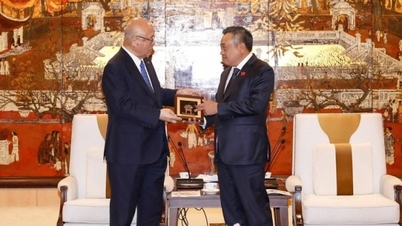






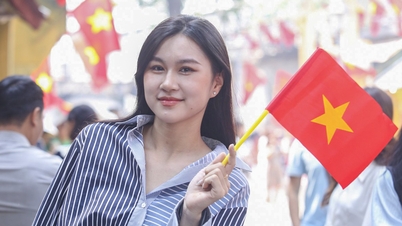












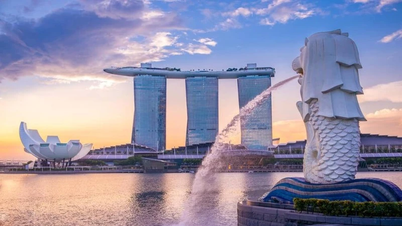
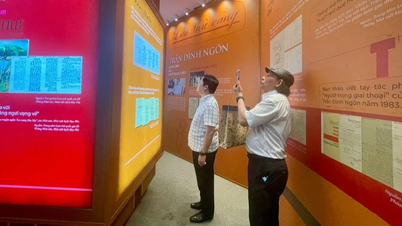
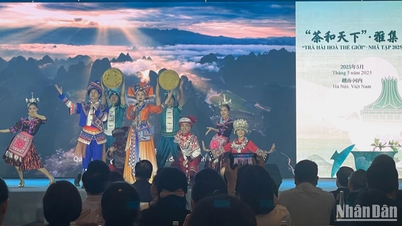
![[Photo] Prime Minister Pham Minh Chinh receives Rabbi Yoav Ben Tzur, Israeli Minister of Labor](https://vphoto.vietnam.vn/thumb/402x226/vietnam/resource/IMAGE/2025/5/21/511bf6664512413ca5a275cbf3fb2f65)
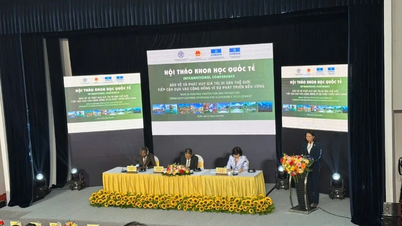









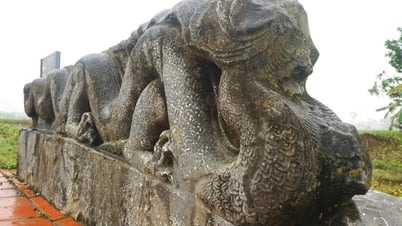

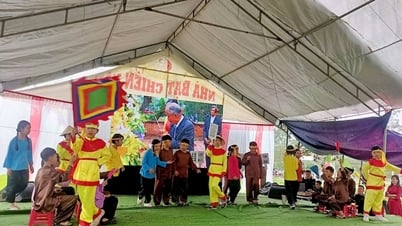










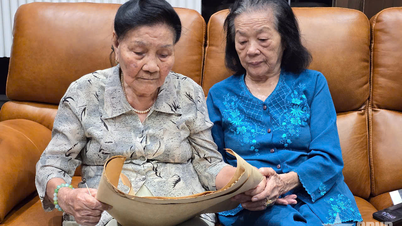









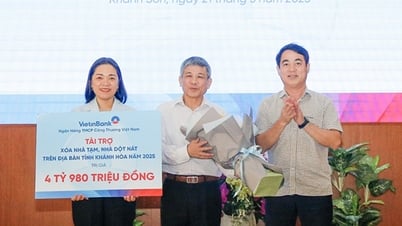


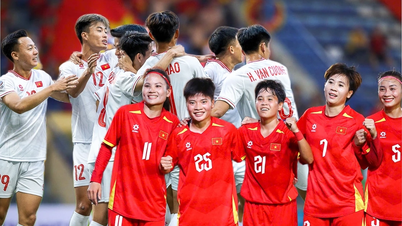

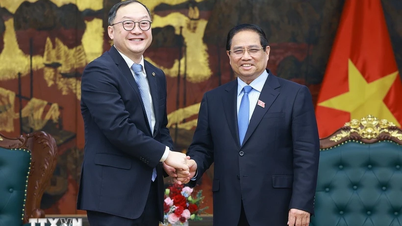

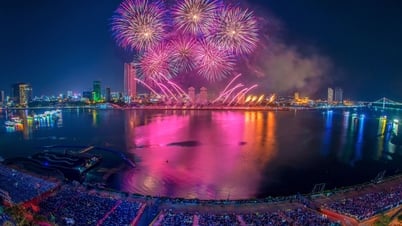
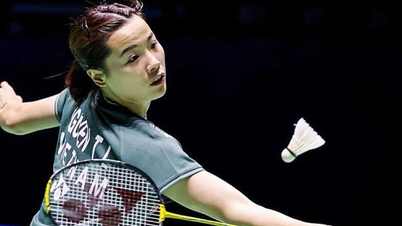

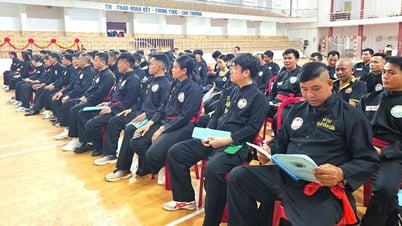
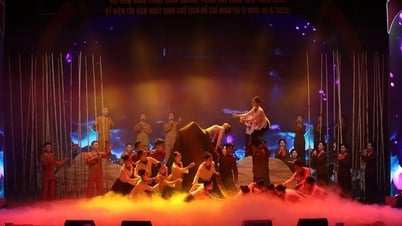


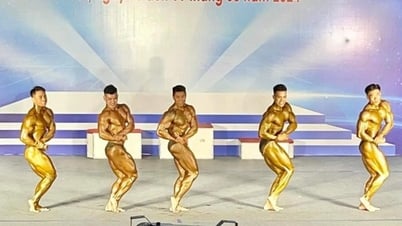

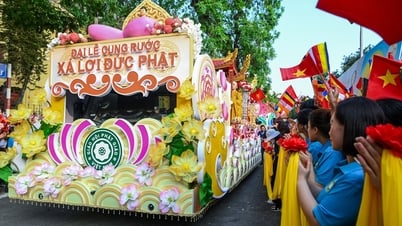

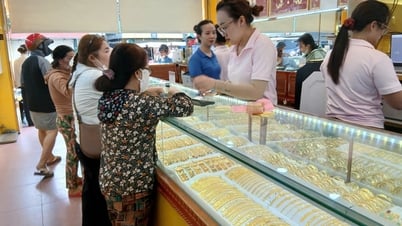

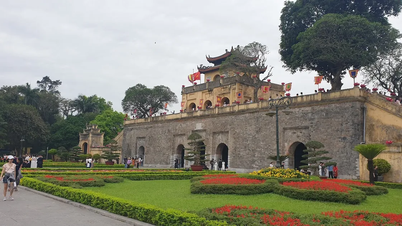


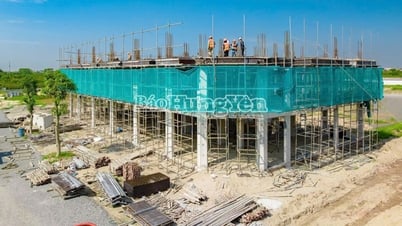











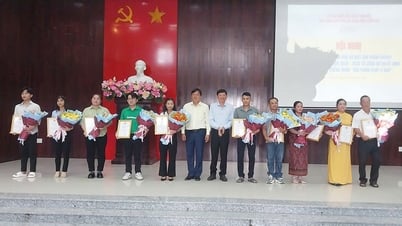



Comment (0)